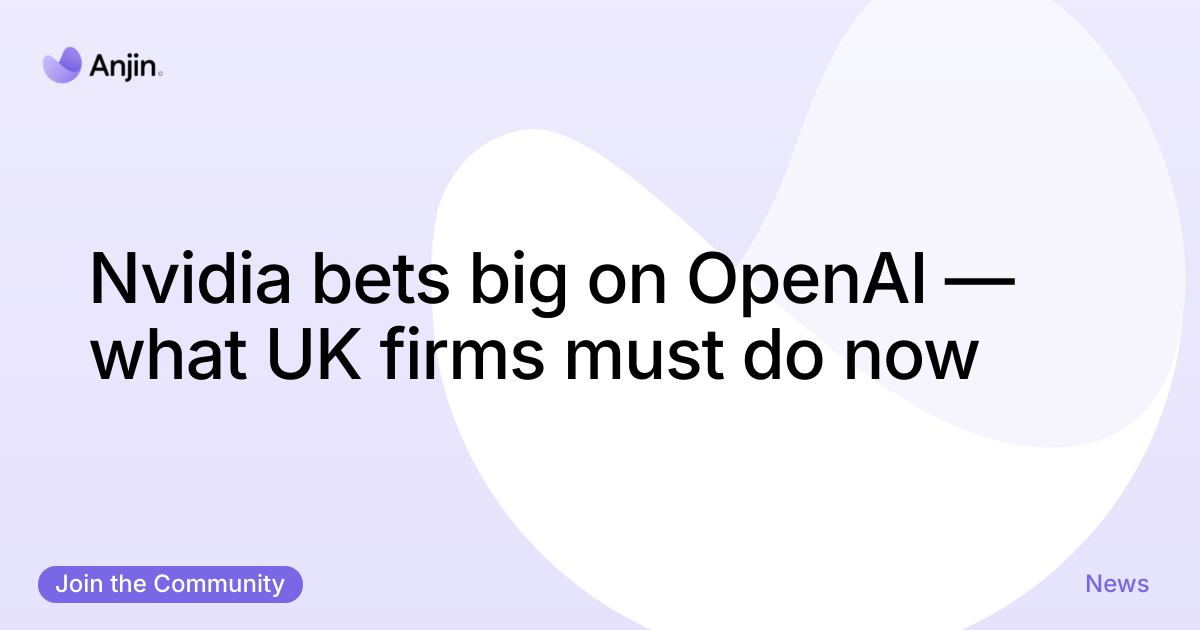From Search Engines to Generative Engines
Recent studies reveal that over 80% of consumers now engage with AI-generated responses for more than 40% of their search queries. This behavioural shift has led to the emergence of a new digital marketing strategy: Generative Engine Optimisation (GEO).
Unlike traditional search engine optimisation (SEO), which focuses on keywords, backlinks and structured metadata to influence results in engines like Google, GEO is about ensuring a brand's content is discoverable and referenced accurately in AI-generated summaries, answers and product recommendations.
“The rules are being rewritten,” says Amelia Frost, digital strategist at Profound. “It’s no longer enough to rank on the first page of Google. Now, your brand needs to be embedded into the conversational flow of AI assistants.”
The Rise of AI Discovery Platforms
Several marketing technology firms, including Brandtech and Profound, are rolling out new solutions specifically designed to monitor how brands appear in AI-generated responses. These tools analyse how often and how accurately a brand or product is mentioned in generative platforms, including ChatGPT, Claude, Perplexity AI and Microsoft Copilot.
These platforms do not operate using traditional ranking algorithms. Instead, they synthesise data from across the web to answer questions in a human-like tone. If your brand isn’t part of that conversation, you may be effectively invisible to a growing segment of your audience.
Key Strategies for Generative Engine Optimisation
To adapt to this new environment, marketers are now focusing on:
- Authoritative, Structured Content: AI models favour well-sourced, clearly written articles. Brands should invest in long-form, insight-rich content that is designed to be cited by LLMs.
- Clear Entity Association: Establish strong digital identities—company names, products, services, and subject-matter expertise—using consistent schema markup and cross-platform content.
- Monitoring & Feedback Loops: Regular audits of how your brand appears in AI responses, and adjusting content accordingly, are now essential practices
SEO Is Not Dead—It’s Evolving
While this shift may seem threatening to traditional SEO strategies, the reality is more nuanced. SEO is not disappearing—it’s being augmented. Google itself is integrating generative AI into its search results through "AI Overviews," making GEO part of the wider SEO conversation rather than a separate discipline.
Forward-thinking marketers are blending the two approaches: ensuring visibility both in traditional rankings and conversational answers.
What This Means for Digital Marketers
For businesses, especially SMEs and digital-first brands, this transition presents both a challenge and an opportunity. Those who move quickly to optimise for AI discovery will gain a first-mover advantage in visibility, trust and authority.
Platforms like www.anjin.digital can play a pivotal role in helping brands navigate this shift, offering AI-powered tools to track mentions, improve content structure, and publish AI-friendly material daily
Looking Ahead
As consumers redefine how they search, brands must redefine how they’re found. The conversational web is not a trend—it’s the next chapter of the digital experience. By embracing generative engine optimisation now, marketers can ensure they’re part of the conversation shaping tomorrow’s decisions.





